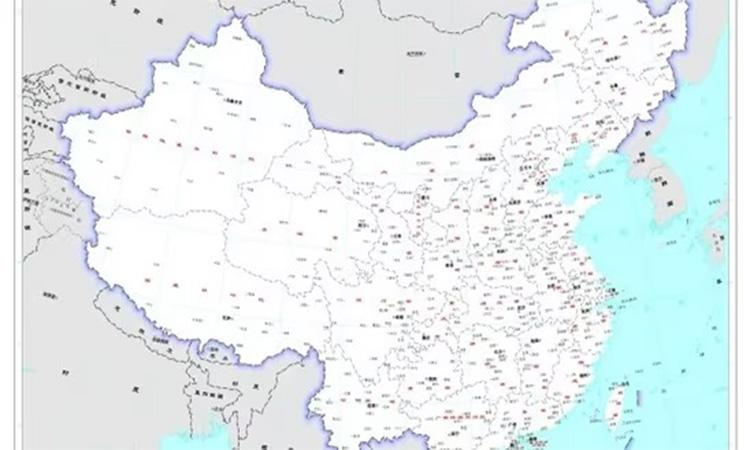Governments across Asia have united in their rejection of China's recently released national map, which lays claim to disputed territories, prompting a flurry of strongly-worded responses. China's move to publish this new map follows previous concerns over its territorial borders. India was one of the first nations to protest, particularly contesting China's claims over Arunachal Pradesh and the Aksai Chin, emphasizing that such actions only exacerbate boundary disputes. The Indian External Affairs Ministry firmly rejected these claims, asserting they had "no basis."
External Affairs Minister S Jaishankar succinctly pointed out that "just making absurd claims does not make other people's territories yours." However, India was not alone in its condemnation.
The Philippines expressed its outrage at China's 2023 edition of its so-called standard map, which still asserts China's sovereignty over features in the West Philippine Sea. The Filipino Foreign Affairs Spokesperson, Ma. Teresita Daza, firmly denounced this act, citing the 1982 United Nations Convention on the Law of the Sea (UNCLOS) and the 2016 Arbitral Award, which invalidated the controversial nine-dash line. Daza urged China to respect its obligations under UNCLOS and the binding 2016 Arbitral Award.
In the past, Manila had already protested the publication of a Chinese national map in 2013, which also encompassed parts of the Kalayaan Island Group or Spratlys within China's national boundaries.
Malaysia, too, took a stand against China's claims on the South China Sea, as outlined in the China Standard Map Edition 2023. Malaysian Foreign Minister Dr Zambry Abdul Kadir revealed that the government would send a protest note to China over this matter. The Malaysian Foreign Ministry reaffirmed that Malaysia did not recognize China's claims in the South China Sea and emphasized that the map had no binding authority over Malaysia.
Vietnam, another concerned party, vehemently rejected China's latest provocations. Vietnam's Ministry of Foreign Affairs spokeswoman, Pham Thu Hang, reiterated the nation's sovereignty over Hoang Sa (Paracel) and Truong Sa (Spratly) islands and firmly rejected any maritime claims by China based on the nine-dash line in the East Sea. Hang stressed that these claims violated Vietnam's sovereignty and rights as stipulated in the 1982 UNCLOS, rendering them void and in violation of international law.
Meanwhile, China's Foreign Ministry showed no signs of backing down on the map issue. Spokesperson Wang Wenbin defended China's position, asserting that the publication of standard maps was a routine practice to promote standardized map usage and public awareness. He urged concerned parties to view the matter objectively and rationally.
In summary, the rejection of China's new national map by multiple nations in the region highlights the ongoing tensions and disputes over territorial claims in the South China Sea. These governments remain steadfast in upholding their rights and international law, urging China to respect established agreements and boundaries.
Read also| UN rapporteur for North Korean human rights to visit Seoul next week


















